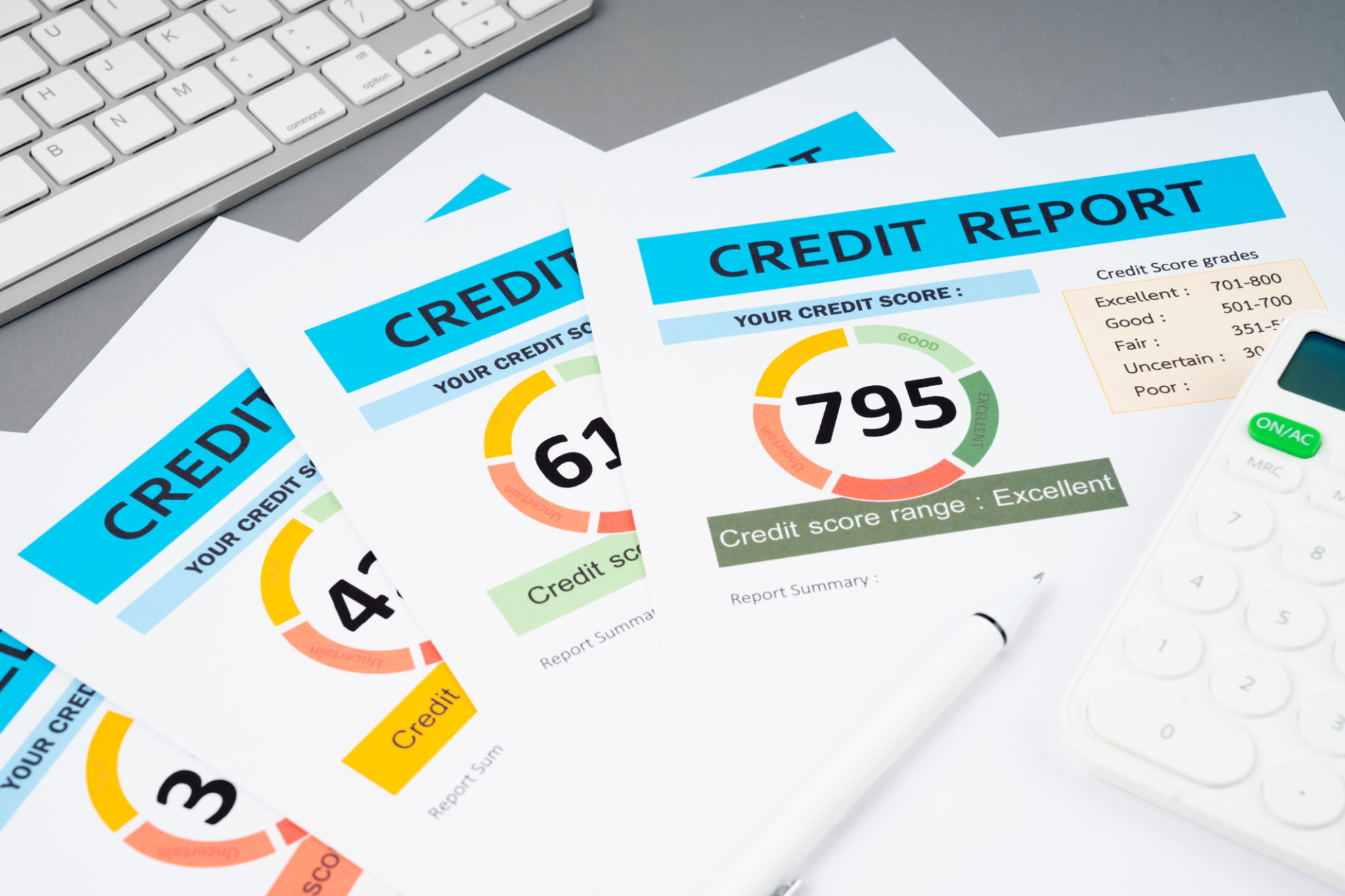Common Myths About Home Loans Debunked
Myth 1: You Need a Perfect Credit Score to Get a Home Loan
One of the most common misconceptions about home loans is that only individuals with a perfect credit score can qualify. While having a high credit score can certainly help you secure better interest rates, it is not a strict requirement for obtaining a home loan. Many lenders offer various loan products that cater to different credit profiles. At DJC Consulting Services, we have helped numerous clients with less-than-perfect credit scores successfully secure home loans.

Myth 2: You Must Have a 20% Down Payment
Another widespread myth is that you must have a 20% down payment to buy a home. While putting down 20% can help you avoid paying private mortgage insurance (PMI), it is not a necessity. There are several loan programs available that require much lower down payments. For example, FHA loans allow down payments as low as 3.5%, and VA loans often require no down payment at all. I can guide you through the various options to find the one that best fits your financial situation.
Myth 3: Pre-Qualification and Pre-Approval Are the Same
Many homebuyers mistakenly believe that pre-qualification and pre-approval are the same. However, they are distinct steps in the home loan process. Pre-qualification is a preliminary assessment based on the information you provide to the lender, giving you an estimate of how much you might be able to borrow. Pre-approval, on the other hand, involves a more thorough evaluation of your financial situation, including a credit check and verification of your income and assets. A pre-approval letter can give you a competitive edge when making an offer on a home.

Myth 4: It’s Cheaper to Rent Than to Own
While renting might seem more affordable in the short term, owning a home can be more cost-effective in the long run. When you rent, you’re essentially paying someone else’s mortgage without building any equity. Homeownership allows you to build equity over time, which can be a significant financial asset. Additionally, there are various tax benefits associated with owning a home, such as mortgage interest deductions. A home loan officer can help you crunch the numbers to determine whether renting or buying is the better financial decision for you.
Myth 5: You Can’t Get a Home Loan if You’re Self-Employed
Self-employed individuals often believe that they cannot qualify for a home loan due to the variability of their income. While it’s true that obtaining a loan can be more challenging, it is by no means impossible. Lenders will typically require more documentation to verify your income, such as tax returns, profit and loss statements, and bank statements. We specialize in helping self-employed clients navigate the home loan process and secure the financing they need.

Myth 6: All Home Loans Are the Same
There is a common misconception that all home loans are created equal. In reality, there are various types of home loans available, each with its own set of terms, conditions, and benefits. Conventional loans, FHA loans, VA loans, and USDA loans are just a few examples. Each type of loan is designed to meet the needs of different borrowers helping you understand the differences and choose the loan that best suits your needs and financial situation.
By debunking these common myths, we aim to empower potential homebuyers with accurate information and expert guidance. Whether you’re a first-time homebuyer or looking to refinance, our team is here to help you navigate the complex world of home loans with confidence.
